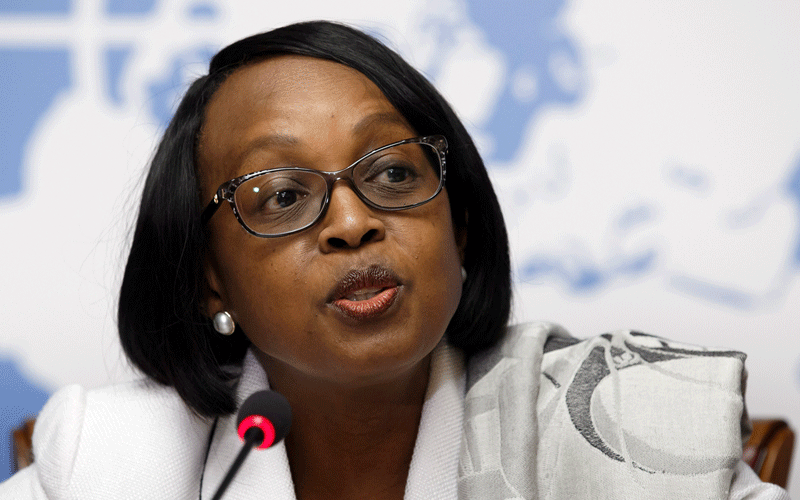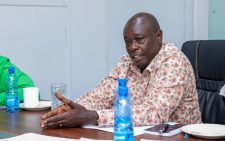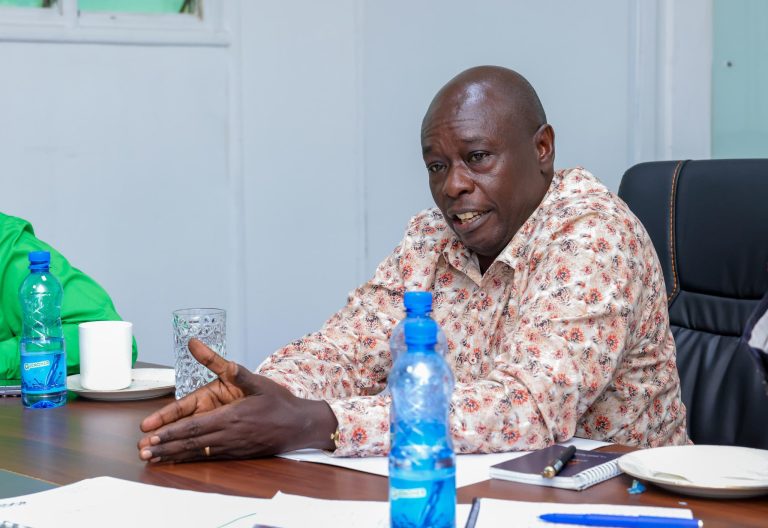WHO avails Corona assessment tool

While Kenya has announced plans to have the coronavirus vaccine in the country by mid-February, the World Health Organisation (WHO) warns that many African countries are still not ready for the immunisation drive.
So far, all the 47 countries in the WHO African Region have received Vaccine Readiness Assessment Tool, which will be used by Health ministries, with support from WHO and Unicef.
Tool provides a roadmap for countries to plan for Covid-19 vaccine introduction.
It covers 10 key areas namely; planning and coordination, resources and funding, vaccine regulation, service delivery and training and supervision.
Other areas targeted include monitoring and evaluation, vaccine logistics, vaccine safety and surveillance, communications and community engagement.
According to WHO, an analysis of self-reports provided by governments using the tool have found an average score of 33 per cent readiness for Covid-19 vaccine roll out-way below the desired benchmark of 80 per cent.
“Governments must urgently ramp up readiness to the largest immunisation drive in Africa. Planning and preparation will make or break this endeavour.
We need active leadership and engagement from the highest levels of government with solid national coordination plans and systems”, observed Dr Matshidiso Moeti, WHO Regional Director for Africa.
WHO has been working with Gavi, the Vaccine Alliance and other partners in working to ensure equitable access to vaccines in Africa.
It is expected that Gavi will initially secure vaccine doses to provide protection to an initial 20 per cent of the population.
However, WHO analysis of the country readiness data finds only 49 per cent have identified the priority populations for vaccination and have plans in place to reach them, while 44 per cent have coordination structures in place.
Adequate plans
Only 24 per cent have adequate plans for resources and funding, 17 per cent have data collection and monitoring tools ready and just 12 per cent have plans to communicate with communities to build trust and drive demand for immunisation.
“Developing a safe and effective vaccine is just the first step in a successful rollout.
If communities are not onboard and convinced that a vaccine will protect their health, we will make little headway,” noted Dr Moeti.










